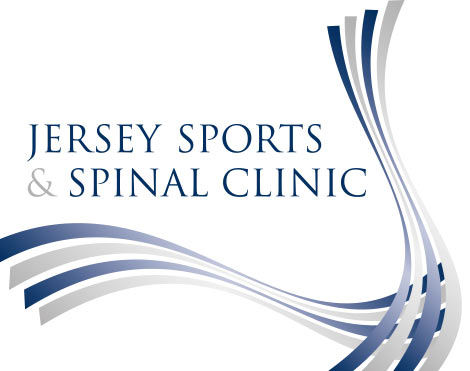When you sustain an injury, to you, it may seem like a straightforward process to determine what happened and what the diagnosis is. However, attending an assessment with one of our clinicians for a full hour is crucial to ensure that we can provide you with the best possible care. In this blog post, we will explain why a thorough assessment is necessary to refine the diagnosis and how it can benefit your recovery.
First and foremost, taking a thorough history is essential. We need to understand the nuances of what led up to the injury in order to fully comprehend how it occurred. Even seemingly inconsequential details can be relevant to us, such as previous injuries, unresolved injuries, or a family history of autoimmune disorders. Factors like insomnia or false beliefs about the injury can also impact our understanding of your condition. By piecing together your story, we can gain a comprehensive understanding of your situation and tailor our treatment plan accordingly.
In addition to a detailed history, we also need time to conduct a thorough examination. This includes assessing your posture, alignment, movement, mobility, strength, gait, and nervous system. We may also need to perform special tests to evaluate the integrity of your ligaments. By thoroughly examining your physical condition, we can identify any underlying issues that may contribute to your injury or affect your recovery.
Once we have gathered all the necessary information, we need time to discuss our findings with you. Education is a crucial aspect of the rehabilitation process. We want to ensure that you understand your condition and how it will be treated. This includes discussing the do’s and don’ts of your recovery, demonstrating and practicing exercises with you, and addressing any questions or concerns you may have. We believe that an informed patient is an empowered patient, and by taking the time to educate you, we can work together towards a successful rehabilitation.
Sometimes, further tests or investigations may be required after the initial assessment. This could involve organizing consultations with other specialists or requesting X-rays or other imaging studies. These additional steps are all part of the assessment process and are necessary to ensure that we have a complete understanding of your condition.
After your consultation, our work is not yet complete. We need approximately 20 minutes to document our findings and complete any necessary paperwork. This could involve creating an exercise program tailored to your needs or making referrals for further evaluation. By meticulously documenting our assessment, we can maintain accurate records and ensure that all aspects of your care are properly managed.
Research has shown that a thorough initial assessment leads to more accurate treatment plans, better outcomes, and fewer required sessions. By investing the time upfront to gather all relevant information and educate you on your condition, we can optimize your recovery process. Additionally, by involving you in your own rehabilitation and providing you with the tools and knowledge to actively participate in your recovery, we can accelerate the healing process.
In conclusion, attending an assessment for an hour with one of our clinicians is crucial for effective injury rehabilitation. By taking a thorough history, conducting a detailed examination, discussing our findings with you, and documenting our assessment, we can ensure that you receive the best possible care. We believe in empowering our patients through education and collaboration, and by working together, we can achieve optimal outcomes for your recovery. Trust the process and give yourself the time and attention you deserve on your journey towards healing.
So now, please click on Book now and book your 1-hour assessment.
References:
– Smith, J., et al. (2018). The importance of a thorough initial assessment in musculoskeletal physiotherapy: A narrative review. Journal of Manual & Manipulative Therapy, 26(1), 1-11.
